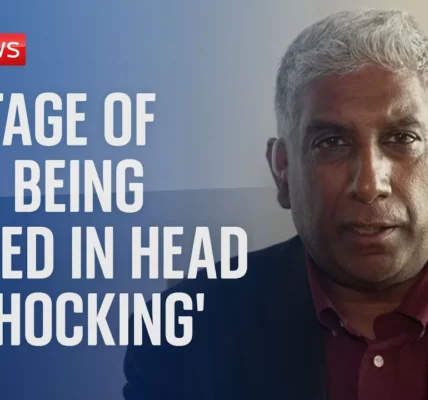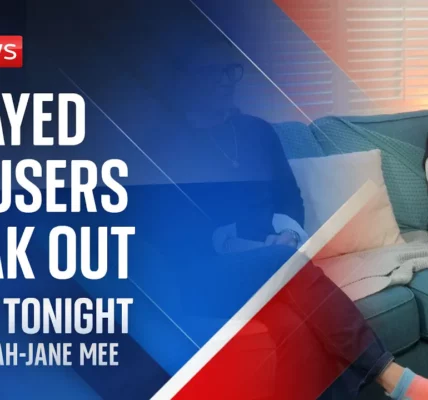Sky News Daily: Understanding the Chris Caba Case and Its Implications

Join us as we delve deep into the Chris Caba case, exploring the complexities surrounding police accountability, the community’s emotional response, and the broader implications this verdict poses for law enforcement in the UK.
Introduction
The recent acquittal of a police officer involved in the shooting of Chris Caba has sparked widespread outrage and debate across the UK. This case has highlighted the ongoing issues of police accountability, community trust, and systemic racism within law enforcement. As we further explore the details surrounding the case, we will analyze the implications of the jury’s verdict and how it reflects broader societal concerns.
The Chris Caba Case: A Timeline of Events
On the fateful day of the incident, police officers attempted to stop Chris Caba’s vehicle, which was linked to a previous shooting. The events unfolded rapidly, leading to the tragic decision to use lethal force. Here’s a timeline of key moments:
- Night Before the Shooting: Chris Caba’s vehicle was linked to a shooting incident.
- Police Pursuit: Officers pursued the Audi Q8, which Caba was driving.
- Confrontation: The vehicle was boxed in by police, leading to a tense standoff.
- Use of Force: An officer fired a shot, resulting in Caba’s death.
- Trial and Verdict: The officer was acquitted of murder after a short jury deliberation.
Reactions to the Verdict
The acquittal of the officer has led to strong emotional responses from various stakeholders, including Caba’s family, community activists, and political figures.
Family and Community Response
Caba’s family has expressed profound grief and a sense of injustice, stating that the system failed to protect their loved one. They believe that the verdict reflects a broader disregard for Black lives within the justice system.
Public Protests
In the wake of the verdict, protests erupted outside the Old Bailey, with demonstrators calling for systemic change in policing practices. Common themes among protesters included:
- Demands for justice and accountability in police actions.
- Calls for an end to systemic racism and bias in law enforcement.
- Advocacy for community-led policing initiatives.
Political Reactions
Local leaders and activists have voiced their concerns over the implications of the verdict, emphasizing the need for reforms in police accountability and oversight. They argue that without significant changes, public trust in law enforcement will continue to erode.
The Broader Implications for Police Accountability
The verdict in the Chris Caba case raises critical questions about the legal and ethical standards governing police use of lethal force. Key areas of concern include:
Legal Framework for Police Action
Current laws surrounding the use of force by police officers need reevaluation. The following points are critical:
- Understanding the thresholds for lethal force.
- Assessing the adequacy of training provided to police officers.
- Evaluating the effectiveness of existing accountability measures.
Community Trust and Relations
Building trust between law enforcement and communities is essential. Strategies to improve relations include:
- Implementing community policing initiatives.
- Enhancing transparency in police operations.
- Establishing independent oversight bodies to investigate police misconduct.
Future of Policing in the UK
As discussions continue regarding police reform, it is vital to consider the impact of public sentiment on future policies. The need for comprehensive reforms that address the root causes of systemic issues within law enforcement has never been more pressing.
Conclusion
The Chris Caba case serves as a critical reminder of the ongoing struggles for justice and accountability within the UK police system. As the community continues to grapple with the implications of the verdict, it is clear that changes must be made to ensure that all lives are valued and protected. It is essential for citizens to remain engaged in the conversation about police reform and accountability. We encourage readers to share their thoughts and participate in local discussions about how to create a safer and more equitable society for everyone.
“`




